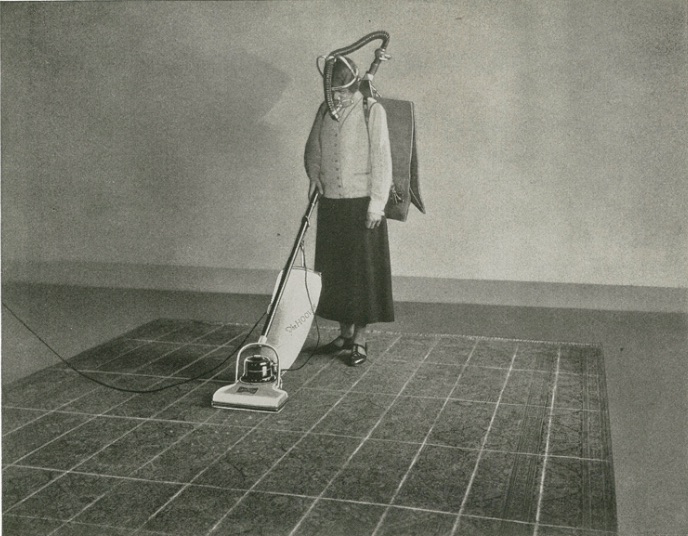In Logic magazine—a San Francisco–based publication that turns a critical eye on technology—Astra Taylor argues that predictions of impending mass automation have been overblown. While certain jobs and industries have undeniably been transformed by automation over the past decade or so, there’s actually little evidence to suggest that robots will take over all or even most jobs in the near future. Instead, argues Taylor, capitalists and technologists have tried hard to make us think this is the case. Whose interests does this serve? Check out Taylor’s piece to find out. Here’s a preview:
There is no denying that technological possibilities that could hardly be imagined a generation ago now exist, and that artificial intelligence and advances in machine learning and vision put a whole new range of jobs at risk. Entire industries have already been automated into nonexistence: Kodak was decimated by digital photography and Instagram, Netflix and Amazon killed off Blockbuster, and ATMs made countless bank tellers obsolete.
The problem is that the emphasis on technological factors alone, as though “disruptive innovation” comes from nowhere or is as natural as a cool breeze, casts an air of blameless inevitability over something that has deep roots in class conflict. The phrase “robots are taking our jobs” gives technology agency it doesn’t (yet?) possess, whereas “capitalists are making targeted investments in robots designed to weaken and replace human workers so they can get even richer” is less catchy but more accurate.
Capitalism needs workers to be and feel vulnerable, and because automation has an ideological function as well as a technological dimension, leftists must keep intervening in conversations about technological change and what to do about it. Instead of capitulating to the owning class’s loose talk of automation as a foreordained next phase of production, we should counter with demands that are both visionary and feasible: a federal job guarantee that provides meaningful work to all who want it or job sharing through a significant reduction in the workweek. When pundits predict mass unemployment following a robot takeover, we should call for collective ownership of the robots and generous social benefits detached from employment status, including pushing for a progressive variation of a universal basic income under a rallying cry that updates the 1970s socialist feminist slogan to Wages for All Work—not just the work that bosses recognize as worthy of a meager paycheck.
We have to recognize both the dangers and possibilities associated with automation while relentlessly poking holes in rhetoric that seeks to conflate technology’s present and potential capacities with an inescapable, and deeply exploitative, way of organizing labor and compensation. Where fauxtomation attempts to pass as automation, we should call it out as such.
Image via Logic.
